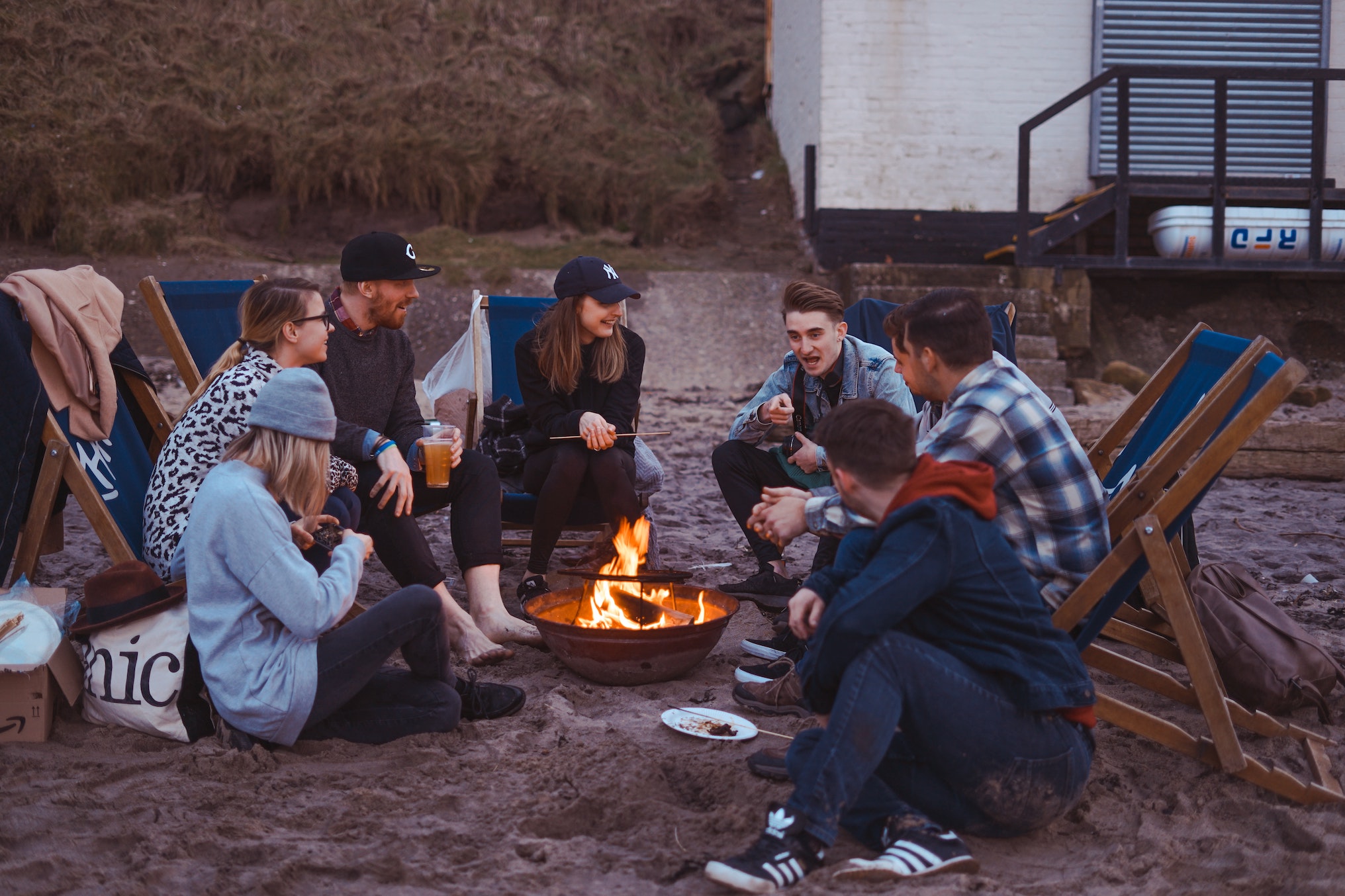 BBC News
BBC NewsBorrowing was £17.4bn last month, the second highest October figure since monthly records began in 1993.

Heard of the Duke of Edinburgh’s Award? Most call it DofE. It’s a brilliant setup for young people. Specifically, it builds skills outside textbooks. Prince Philip launched it in 1956 for UK schoolboys. Since then, it’s exploded. Now, anyone 14 to 25 can join. Plus, it’s in 144 countries. Around 300,000 start it yearly. Why so popular? Because it’s tough, fun, and rewarding. Let’s unpack it.
The program splits into Bronze, Silver, and Gold levels. Each ramps up the challenge. For instance, Bronze is a solid start. Gold? That’s the top prize. Finish it, and you’re off to Buckingham Palace. A Royal—like Prince Edward—hands you the award. It’s a proud moment. How do you get there? Through four areas: physical activity, volunteering, skills, and an expedition. These stretch you beyond class. Say you run for physical. Help a charity for volunteering. Learn guitar for skills. Then, trek with friends. Together, they boost confidence. You realize you’re tougher than you thought.
The DofE crew puts it well: “A tool to develop essential skills for life and work.” Employers love it too. Why? Because it shows grit and teamwork. Whether you’re pitching a tent in rain or sorting a fundraiser, you stick with it. That’s huge for jobs. But it’s not all serious. You explore stunning UK spots—like the Lake District or Snowdonia. Rain might soak you. Boots might pinch. Yet, laughs with mates make it a blast. It’s a screen-free adventure. Who doesn’t need that?
Now, timing’s key. Covid-19 locked kids indoors. Friends faded. School went patchy. Catch-up in math and English matters. But so do soft skills—like chatting or teamwork. Mental health slumped too. DofE steps up here. How? By tossing you outside with purpose. For example, volunteering reconnects you. A shy teen might help at a food bank. Confidence creeps back. Expeditions lift spirits. You hike through mud with pals. Stress melts. Studies say nature cuts it fast. After a year stuck inside, that’s gold.
It’s flexible too. Love sports? Go physical. Care about animals? Volunteer there. You pick what fits. That hooks kids. They own it. Results show quick. Plus, it’s global. From the UK to 144 countries. Canadian teens hit the Rockies. Aussies trek the Outback. Same challenges, different trails. Why so big? Because every young person needs this—skills, belief, fun. Prince Philip’s 1956 idea went worldwide. Now, it’s a universal win.
What do you learn? Tons. Physical gets you moving—maybe soccer or dance. Volunteering builds heart—like tutoring kids. Skills sharpen talents—say, photography. Expeditions test guts. You navigate. Cook. Survive. Employers notice. For instance, teamwork from a trek helps in retail. Planning shines in offices. It’s real-world stuff. A boss sees “Gold” on your CV. They think, “This one’s a keeper.” It’s not just a badge. It’s proof of character.
Post-lockdown, it’s even bigger. Kids lost socializing. Confidence dipped. DofE fixes that. Volunteering brings people back. Expeditions bond mates. Mental health lifts. It’s practical healing. Plus, it’s a break—hiking beats scrolling. Prince Philip saw the gap back then. School taught facts. Life skills? Less so. So, he built this. It started small. Then, it grew. Now, it shapes millions.
Here’s the bottom line. DofE is more than an award. It’s a life boost. Physical, volunteering, skills, expeditions—they mold you. After lockdowns, it’s a lifeline. Soft skills rebound. Spirits soar. Plus, it’s fun—camping with friends beats anything indoors. Around 300,000 grab it yearly. Bronze starts it. Gold crowns it. Employers cheer it. If you’re 14 to 25, why not try? Grab a map. Call your crew. The outdoors—and a stronger you—await.
Photo credit: Toa Heftiba on Unsplash